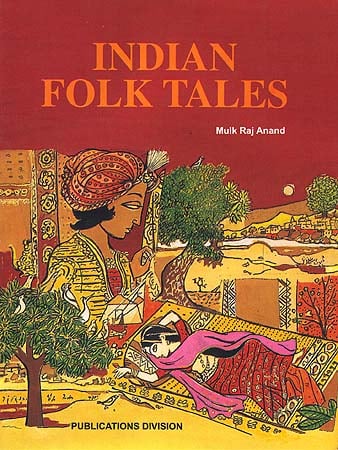ॐ श्री गुरुभ्यो नमः ॐ श्री शिवानन्दाय नमः ॐ श्री चिदानन्दाय नमः ॐ श्री दुर्गायै नमः
Source of all Images in this Blog-post : Google Images : ‘Google Image Search’ will reveal the multiple sources of every single image shared in this Blog. For more details, kindly see ‘Disclaimer‘
Folk Tales of India – Buy Online
Interested in buying books on the immortal Panchatantra stories of India? Click here to buy online
Interested in buying books on the immortal Hitopadesha stories of India? Click here to buy online
Indian Fairy Tales, Folk Tales and Fables : Read Indian folk tales and fairy stories in this collection, collected by Flora Annie Steel, Ms. Howard Kingscote, Joseph Jacobs and many more
The rich culture and vast landscape of India come alive in their ancient folk tales and folklore.
Click on the images below to buy online
Buy Folk Tales of India Books Online on Amazon India
Buy Folk Tales of India Kindle Edition on Amazon India
Folk Tales of India on Google Books
Folk Tales of India – YouTube Videos
Indian folklore and fairy tales have entertained and enlightened generations, since the dawn of language to modern time, with ballads of heroes, so beloved, they are deified and worshiped around the continent, and with epic poetry that strengthens and heralds a community’s shared values.

Influenced by Hinduism, Indian folk tales are robust with central religious figures and moral lessons.
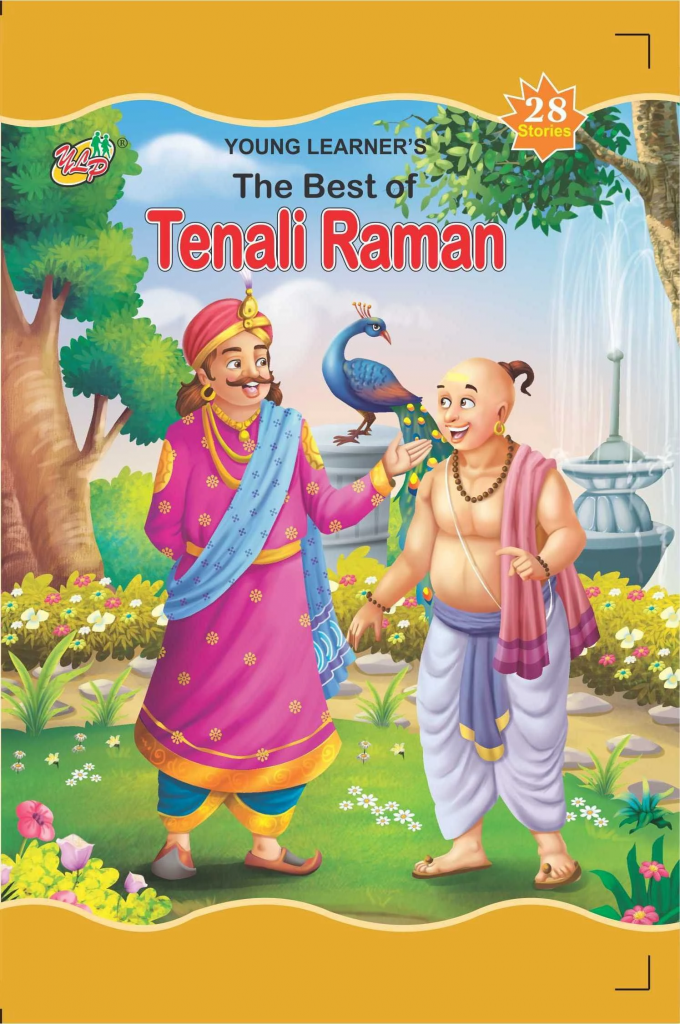
The stories were used to preserve history, important people and places, as well as the religious rites and ceremonies of various Indian regions.
Interested in buying books on ‘The Folk Tales of India’? Click here to buy online
Interested in buying books on the immortal Panchatantra stories of India? Click here to buy online
Interested in buying books on the immortal Hitopadesha stories of India? Click here to buy online
Most Sanskrit fables were written as children’s stories to teach youth important life philosophies, so they would grow up to be wise and responsible adults.

This was especially true for the Hitopadesha stories written by Narayana, whose title literally translates as ‘To counsel or advise with benevolence.’
Collections of the region’s folk tales include Tales of the Punjab: Folklore of India by Flora Annie Steel, Tales of the Sun or Folklore of Southern India by Ms. Howard Kingscote, and Indian Fairy Tales by Joseph Jacobs.

From turtles who talk too much, jackals and mangos, to tigers and laughing fish, Indian folk tales delight people of all ages with beautiful narratives on friendship, morality and philosophy.
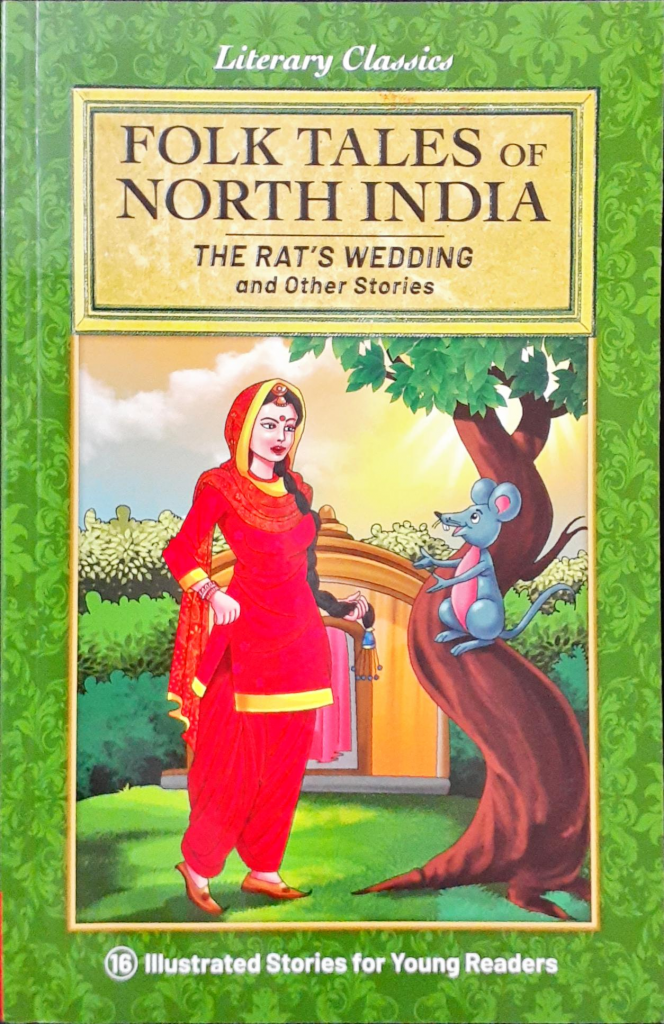
Clever tricksters, nefarious villains and brave heroes make up the compelling and enduring folk history of India.
Interested in buying books on ‘The Folk Tales of India’? Click here to buy online
Interested in buying books on the immortal Panchatantra stories of India? Click here to buy online
Interested in buying books on the immortal Hitopadesha stories of India? Click here to buy online

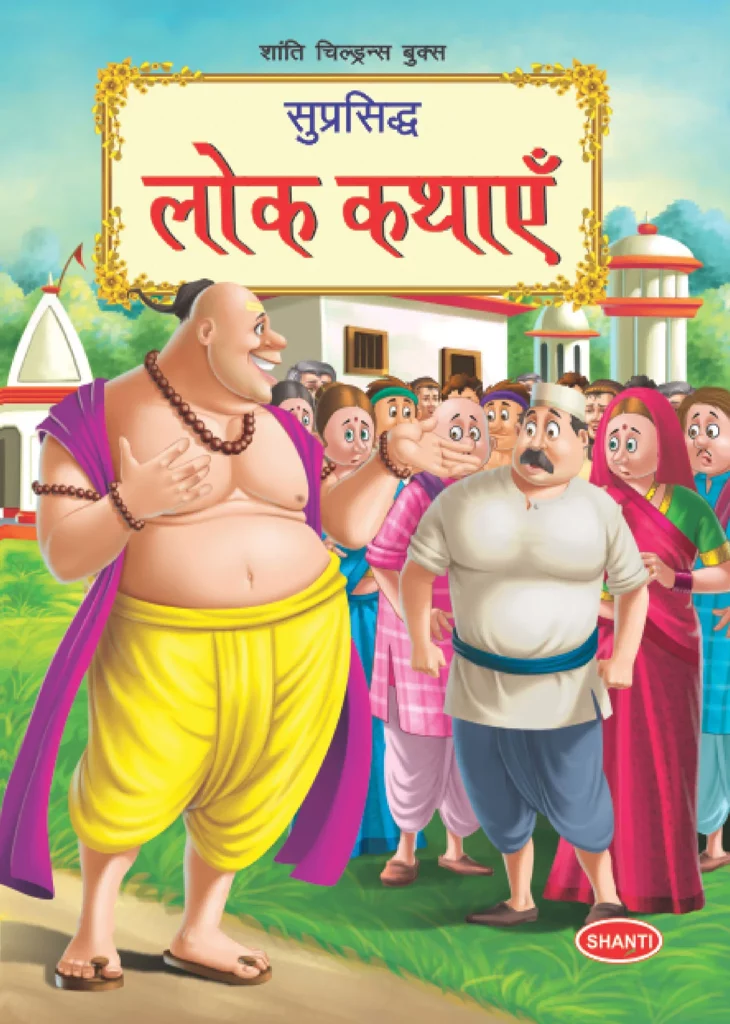
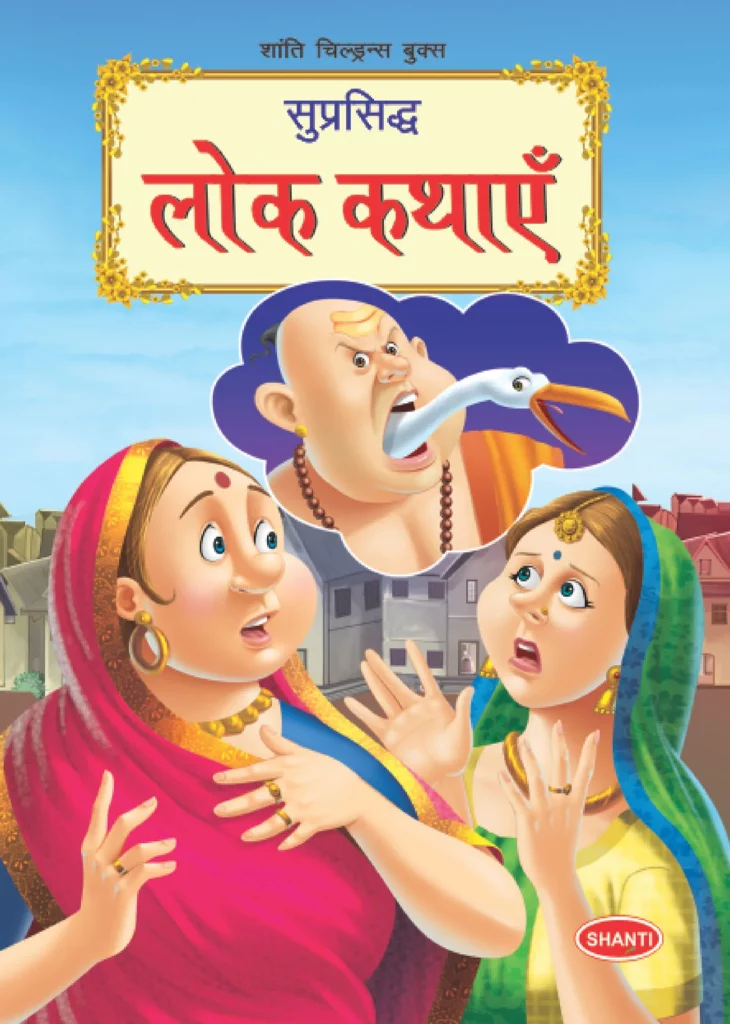
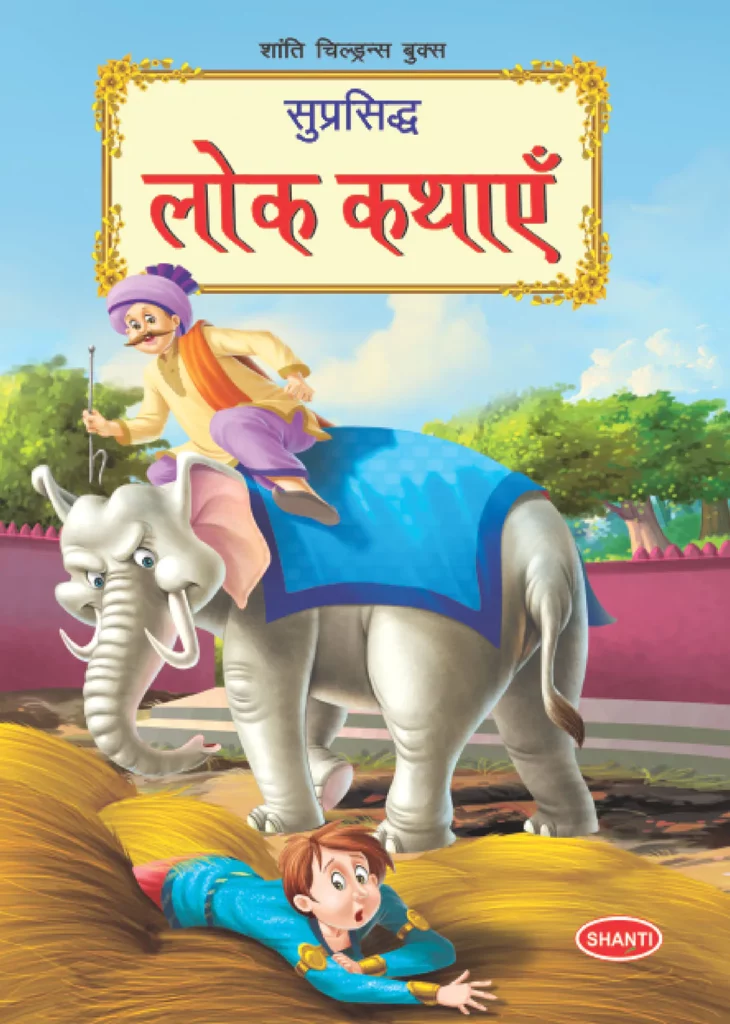
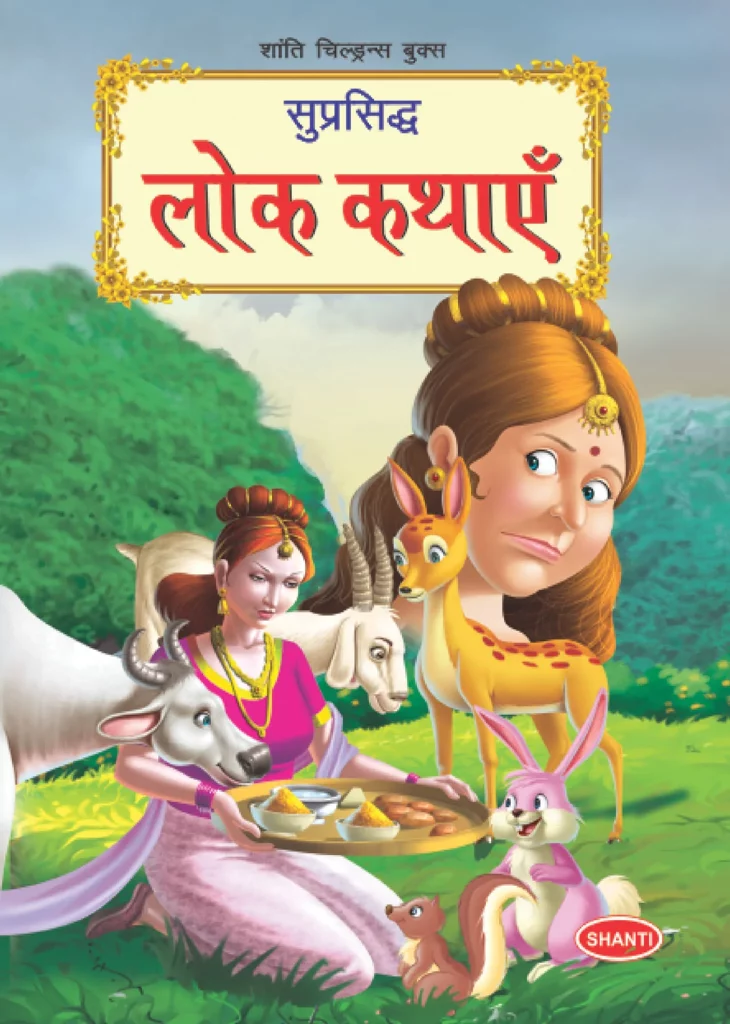

A few folk tales of India.
- A Lac of Rupees for a Piece of Advice
- A Lesson for Kings
- The Ass in the Lion’s Skin
- A Royal Thief-Catcher
- A Clever Thief
- The Brâhmiṇ Girl that Married a Tiger
- Brâhmaṇ’s Wife and the Mungoose
- The Brâhmaṇ Priest who became an Amildâr
- The Broken Pot
- The Beggar and the Five Muffins
- The Brahmarâkshas and the Hair
- The Boy Who Had a Moon on His Forehead and a Sun on His Chin
- The Beetle and the Silken Thread
- The Bronze Ring
- The Billy Goat and the King
- The Bear’s Bad Bargain
- The Barber’s Clever Wife
- Bopolûchî
- Charity Alone Conquers
- The Foolish Weaver
- Chandralêkhâ and the Eight Robbers
- The Conquest of Fate
- The Cruel Crane Outwitted
- The Charmed Ring
- A Crow and His Three Friends
- The Close Alliance: A Tale of Woe
- The Demon with the Matted Hair
- Diamond Cut Diamond
- Dorani
- The Death and Burial of Poor-Sparrow
- Eating Up the Protector
- The Farmer and the Money-Lender
- Story of the Faithless Wife and the Ungrateful Blind Man
- The Four Brothers
- The Fish Prince
- The Farmer and the Money-Lender
- The Five Wise Words of the Guru
- The Fate of the Turtle
- The Faithful Prince
- The Grain of Corn
- The Goldsmith’s Fortune
- The Good Husband and the Bad Wife
- Good Will Grow Out of Good
- The Gardener’s Cunning Wife
- Good Luck to the Lucky One; Or Shall I Fall Down?
- The Gold-Giving Serpent
- Grasp All, Lose All
- How Raja Rasâlu Became a Jôgi
- How Raja Rasâlu Journeyed To The City Of King Sarkap
- How Raja Rasâlu Killed the Giants
- How Raja Rasâlu Played Chaupur With King Sarkap
- How Raja Rasâlu Swung The Seventy Fair Maidens, Daughters Of The King
- The Honest but Rash Hunter
- How Raja Rasâlu’s Friends Forsook Him
- How Raja Rasâlu Was Born
- How Raja Rasâlu Went Out Into the World
- How the Raja’s Son Won the Princess Labam
- Harisarman
- How the Wicked Sons Were Duped
- The Hermit’s Daughter
- The Ivory City and Its Fairy Princess
- The Jackal and the Iguana
- The Jackal and the Partridge
- The Jackal and the Pea-Hen
- The Jackal and the Crocodile
- The Jogi’s Punishment
- The Jewelled Arrow
- Jackal or Tiger?
- The Jackal, the Barber and the Brahmin
- The King of Crocodiles
- The King Who Was Fried
- Keep it for the Beggar
- Kupti and Imani
- Little Anklebone
- The Lost Camel
- The Lord of Death
- Light Makes Prosperity
- The Legend of Gwâshbrâri, the Glacier-Hearted Queen
- The Lion and the Crane
- The Lambikin
- Loving Laili
- A Long-Bow Story
- The Lambikin
- Mr. Mighty-of-his-Mouth
- The Mother-in-Law became an Ass
- The Mother and the Daughter Who Worshipped the Sun
- The Monkey with the Tom-Tom
- The Magic Fiddle
- Moti
- The Magic Bed
- The Magic Pitcher
- The Magic Shoes and Staff
- Princess Aubergine
- Prince Wicked and the Grateful Animals
- Princess Pepperina
- Peasie and Beansie
- Prince-Half-a-Son
- The Poisoned Food
- Punchkin
- Pride Goeth Before a Fall
- The Prince and the Fakir
- The Pigeon and the Crow
- Prince Lionheart and His Three Friends
- Raṇavîrasiṅg
- The Ruby Prince
- Retaliation
- Raja Rasalu
- The Rat’s Wedding
- The Soothsayer’s Son
- The Son of Seven Mothers
- The Story of Appayya
- The Sparrow and the Crow
- The Snake-Woman and King Ali Mardan
- The Soothsayer’s Son
- The Son of Seven Queens
- Sun, Moon and Wind Go out to Dinner
- The Story of the King Who Would Be Stronger Than Fate
- The Story of the Wali Dad the Simple-Hearted
- The Story of Cat, a Mouse, a Lizard and an Owl
- Sir Buzz
- The Snake Prince
- The Story of the King Who Would See Paradise
- The Tiger, the Brahman and the Jackal
- The Two Brothers (Indian Folktale)
- The Three Calamities
- The Timid Hare and the Flight of the Beasts
- The Tiger, the Brahman and the Jackal
- The Talkative Tortoise
- The Talking Turtle
- The Thanksgiving of the Wazir
- The Three Deaf Men
- Why Brâhmaṇs Cannot Eat in the Dark
- Mr. Won’t Give and Mr. Won’t Leave
- Valiant Vicky, the Brave Warrior
- The Wonderful Mango Fruit
- The Wonderful Ring
- The Wrestlers: A Story of Heroes
- The Wise Jackal
- Why the Fish Laughed
Folktales from India : A Selection of Oral Tales from Twenty-two Languages
A. K. Ramanujan Pantheon Books, 1991, 345 pages
Look Inside this Book on Amazon India
‘Folktales from India’ is an enchanting collection of one hundred and ten tales translated from twenty-two different languages, by turns harrowing and comic, sardonic and allegorical, mysterious and romantic.
Gods disguised as beggars and beasts; animals enacting Machiavellian intrigues: sagacious jesters and magical storytellers; wise counselors and foolish kings – all of these inhabit a fabular world, yet one firmly grounded in everyday life.
Folklore pervades childhoods, families and communities and is the language of the illiterate.
Even in large, modern cities, folklore—proverbs, lullabies, folk medicine, folktales—is only a suburb away, a cousin or a grandmother away.
Wherever people live, folklore grows.
India is a country of many languages, religions, sects and cultures. It is a land of many myths and countless stories.
Translated from twenty-two Indian languages, these one hundred and ten tales cover most of the regions of India and represent favorite’s narratives from the subcontinent.
A.K. Ramanujan’s outstanding selection is an indispensable guide to the richness and vitality of India’s ageless oral folklore tradition.
Augmented by A. K. Ramanujan’s definitive introduction and notes, this is an indispensable guide to India’s ageless folklore tradition.
